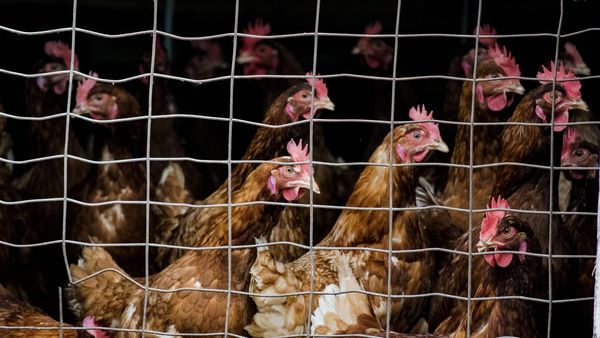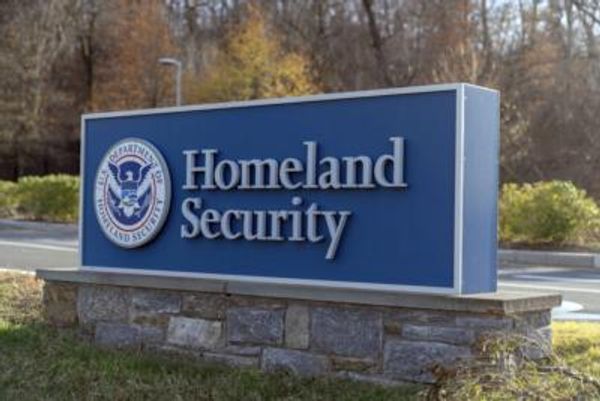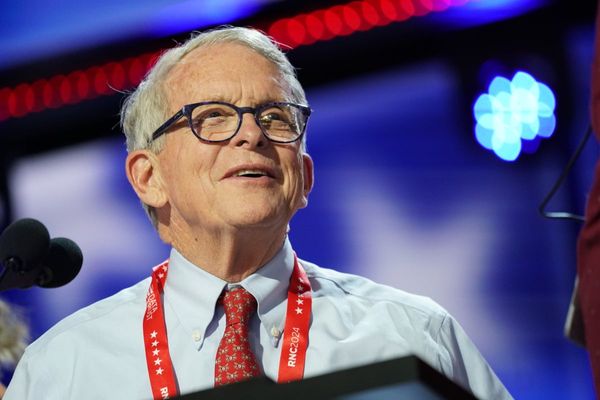
An ugly gambit lies at the heart of Opposition Leader Peter Dutton’s stance on the Voice to Parliament, and that is his assumption that most Australians are boorish, racist bigots so unmoored from reality that any conception of common humanity naturally eludes them.
Dutton obviously doesn’t imply so much in order to stigmatise people or level criticism of any kind. On the contrary, the point of his cynical manipulation is to buttress the No vote and aggrandise himself and his ego-driven ends at the expense of the nation.
What’s particularly striking about his sly condescension, though, is its mix of audacity and subtlety. Knowing the word “racist” carries enormous weight — extending, as it does, to the moral worth of a person — he has strategically sanitised it by brandishing it, along with other choice descriptors of his own conduct, directly against his opponents.
We see this in his feigned indignation at Prime Minister Anthony Albanese, whom he’s falsely accused of rolling deceits, wedge politics and “contempt” for ordinary Australians. In the ease with which he’s upbraided the Voice proposal, raising the counterfeit spectre that it’s trading democracy for a dark “Orwellian” future in which we’re all equal but, ominously, some more so than others. In how he’s otherwise scoffed at the Voice, framing its aims as little more than the ambitions of “Canberra elites” who will achieve nothing — or, conversely, as a dangerous portent of woke politics gone mad.
And, not least, we see this in his decision to eschew the Yes campaign’s generous invitation of patriotism, which he’s dismantled as a front for a future festooned in racial division, unheralded unfairness and sleeping constitutional issues.
In this demagoguery, Dutton is not singular. At every turn, he’s been emboldened by the repeated lies and unhinged conspiracies of his Coalition colleagues, former prime ministers Tony Abbott and John Howard and a slew of right-wing commentators from Sky News and The Australian.
Their overriding message, rendered more explicit with every passing week, is that it is Yes campaigners, and not the naysayers, who are dishonest and divisive — the true racists for lending their support to something that would, as Dutton claims, “permanently divide us by race”.
This is the devil’s gambit. The intention of the right, as always, is to paint any and all countervailing forces to its worldview, interests and political power as an existential threat to the natural order of things as it conceives it. It’s deeply cynical, yes, but if the polling on this issue is any guide, it’s also chillingly effective.
From this vantage point, it is beside the point whether Dutton actually believes the Voice is a threat to our way of life or racist. His ploy is solely to sow seeds of confusion in the minds of enough voters, and to unite them, through a miasma of division and hate, to a common end. That is how he’s always pandered, how he condescends. And his expectation that we will self-infantilise ourselves by accepting his lies as truth is insulting and demeans us all.
Some of his success on this score, however, owes to the de rigueur notion within some of the Yes camp, and particularly the government, that critics should refrain from calling the No campaign “racist”.
The logic behind this decision to occupy the moral high ground is, of course, fairly obvious. There are, for one, explanations beyond racism that might explain a No vote: reflexive partisanship, genuine confusion and the concerns championed by the Blak sovereign movement among them.
Another reason is to obviate the likelihood of a Clintonesque “basket of deplorables” gaffe, as Minister for Indigenous Australians Linda Burney’s “off script” moment at the National Press Club so aptly shows. The hope here is that this leaves scope to rally or redirect the national conversation on the Voice around the fact that, contrary to all the hysteria emanating from the No camp, it has nothing to do with race or the creation of “special rights”.
It is, after all, merely to lend constitutional recognition to Indigenous peoples’ historical and distinctive collective status as the first occupiers of our continent. Any division that exists between Indigenous and non-Indigenous peoples was made in 1788 and was not, as former chief justice of the High Court Murray Gleeson has pointed out, at the behest of First Nations peoples. And so just as Parliament has long had a constitutional power to address that division and make “special laws” for Indigenous peoples, so the Voice would provide a response — via the conferral of a limited, non-binding power of influence — to the same.
The thorny problem that now confronts the Yes campaign is that the deceit at the heart of the No campaign has upended these simple truths to the point where they now ring false in the minds of many. This isn’t surprising. Where the Yes camp takes good faith and reason as inviolable starting points, the No camp declares open war on observable reality and truth — and it appears to be winning.
It’s in such ways that the dangers of resisting the word “racist” to describe the right’s antics become impossible to ignore. To refrain from using the word, to deem racist vilification an analogue to a mere failure to “show respect” — as Albanese suggested last week when asked for his reaction to the CPAC Australia conference — is to distort and undermine the truth. And to pretend racism is only incidental to the national conversation around the Voice is to lend credence to a calcified system conceived in white supremacy in all its paternalistic, truculent power.
The consequences of so much find reflection in the right’s increasing proclivity to use the No campaign to try on and don new racist policy ideas as though no one can see or hear them. Whether it’s the spectre of blood-testing First Nations people for welfare, an end to “divisive” Welcome to Country ceremonies, or the doubt cast on the point of expenditure to reduce the gap between the lived experiences of Indigenous and non-Indigenous peoples (the sum of which the right consistently and grossly exaggerates), all suggest that the racist intention that lies behind the broader rhetoric of the right is not an act. It means it all.
Less visible, though equally sinister, is the anecdotal rise in anti-Semitism within the community, with Yes campaign posters of Jewish activists for the Voice vandalised with the Swastika in and around Melbourne. The fear, Jewish documentary filmmaker Siân Darling told me last week, lies in the unknown limits to the racism the No campaign has unleashed. “It’s easy to make someone feel afraid, which tends to be a precursor to anger,” she said. “It takes a lot more to make someone pause and reflect to reveal their compassion.”
The point is we’d be fooling ourselves to forget the ideology of the right is and always has been one dangerously dipped in the poison of white supremacy. So much is apparent in the very thinness of our collective memory, or what W.E.H. Stanner famously called the “great Australian silence”, over the realities of colonisation and the frontier wars.
And though — as Robert Manne, one of Australia’s foremost public intellectuals, pointed out to me — the great silence is no more, there remains an unwillingness dating back to the days of John Howard on the part of “very many conservatives to look honestly at the history of Australia and not flinch”. While “crimes that are synonymous with the birth of the nation are particularly difficult to face,” he said, the Voice debate has revealed in the “starkest terms the depth and contemporary salience of that divide”.
The latter point bears emphasising, for the struggle over the contents of our national identity is now where the fight over the Voice lies.
The question is: are the majority of Australians unintelligent bigots, as Dutton and the right believe? Or will they choose the path of common decency? The answer, Manne says, will define the limits of our moral character as a nation for decades to come.
Are Peter Dutton’s reservations about the Voice justified, or are they merely serving political ends? Let us know by writing to letters@crikey.com.au. Please include your full name to be considered for publication. We reserve the right to edit for length and clarity.







